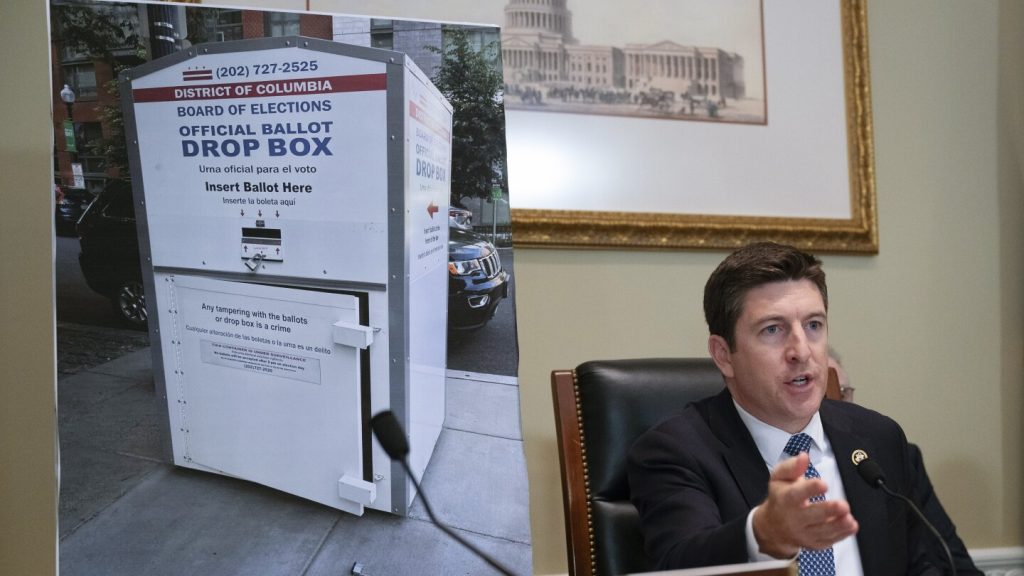The issue of immigrants voting illegally in the U.S. has become a leading talking point for Republicans in the lead-up to the presidential election. Despite the fact that voting by noncitizens is already illegal in federal elections and there is no evidence of significant numbers of noncitizens voting, Republicans at both federal and state levels are pushing for legislation to address the issue. This focus on noncitizen voting is seen as a strategy to lay the groundwork for potential election challenges in the future, following former President Donald Trump’s claims about illegal immigration and voter registration.
Republicans in Congress have introduced the SAVE (Safeguard American Voter Eligibility) Act, which would require proof of citizenship to register to vote. At the state level, at least six states have placed noncitizen voting measures on the November ballot, with more states considering similar measures. Democrats have criticized their Republican colleagues for focusing on what they consider to be a non-issue, accusing them of attempting to start a form of coup with the aim of challenging election results.
While Republicans have been vocal about the concerns regarding noncitizen voting, they have not provided concrete evidence of widespread noncitizen voting. Election administration experts point out that cases of noncitizen voting are extremely rare, with mechanisms already in place to identify and remove ineligible voters from the rolls. Democrats are concerned that additional ID requirements could disenfranchise eligible voters, while Republicans argue that such requirements would enhance security and voter confidence in the election system.
In some local jurisdictions, noncitizens are allowed to vote in certain local contests, though the number of noncitizen voters has been minimal. This phenomenon has sparked debates in some states over whether to introduce measures to prevent noncitizen voting in the future. This issue is now gaining national attention, with some states considering ballot measures to address the issue. Democrats and Republicans remain divided on the impact and necessity of such measures in the context of U.S. elections.
In states like Ohio, Georgia, and North Carolina, efforts to identify and remove noncitizens from voter rolls have been successful, with very few cases of noncitizen voting actually occurring. The ongoing debate over noncitizen voting highlights the larger questions surrounding election integrity and security in the U.S. political system. While both parties are committed to protecting the sanctity of the vote, they differ on the best approach to address the issue of noncitizen voting and ensure that only eligible citizens are able to vote in elections.


